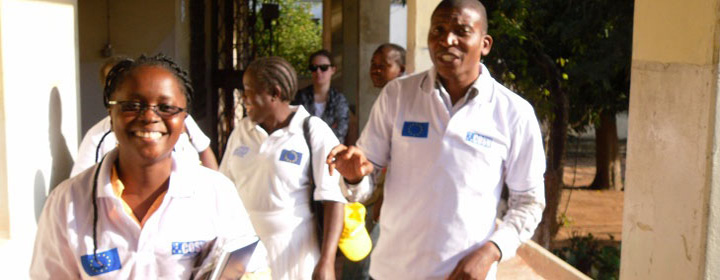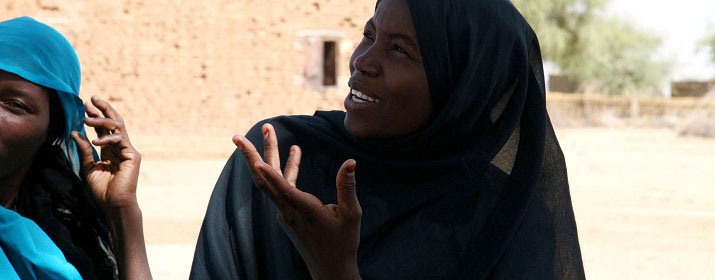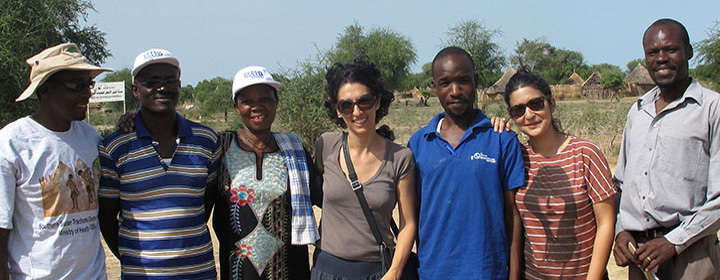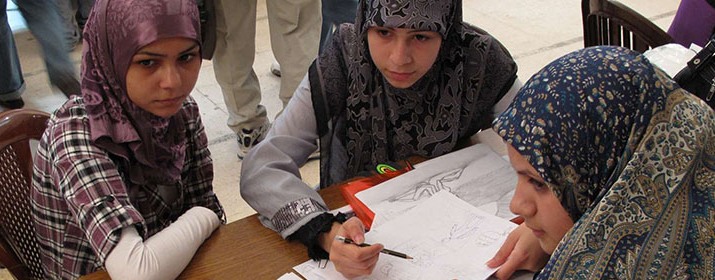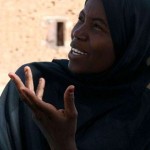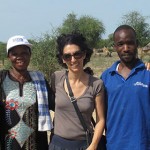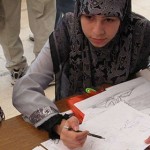AGRI-FEED is a comprehensive development initiative designed to improve food security, economic resilience, and social inclusion among smallholder farmers in the rural communities of Namanjavira and Alto Benfica, located in Mozambique’s Zambezia Province.
The project specifically targets 700 members (385 of whom are women) from 25 local farmers’ associations, building on existing infrastructure and knowledge from previous COSV interventions. These beneficiaries, primarily engaged in subsistence agriculture, face chronic food insecurity, climate vulnerabilities, and limited access to markets.
The project’s core activities focus on four key pillars:
(i) Climate-Smart Agriculture (CSA): Farmers will receive hands-on training in drought-resistant techniques, crop diversification, and efficient water management to boost yields while adapting to climate change.
(ii) Solar-Powered Agri-Infrastructure: The project will optimize 20 existing solar irrigation systems and 5 solar-powered storage/processing units to reduce post-harvest losses and extend marketability.
(iii) Women’s Economic Empowerment: Through business-skills training and mentorship, 100 women will gain tools to launch small enterprises, supported by the “Casa das Raparigas” (Girls’ Centers) as hubs for education and leadership.
(iv) Market Linkages & Cooperative Strengthening: Farmers will be connected to buyers via structured agreements, while two solar-energy cooperatives will be trained in financial management and equipment maintenance to ensure long-term sustainability.

